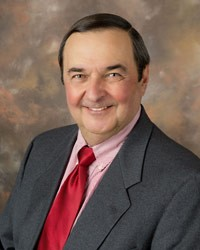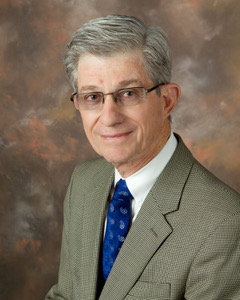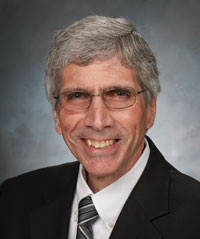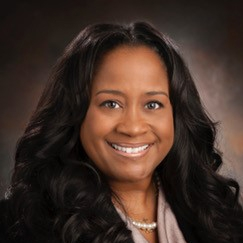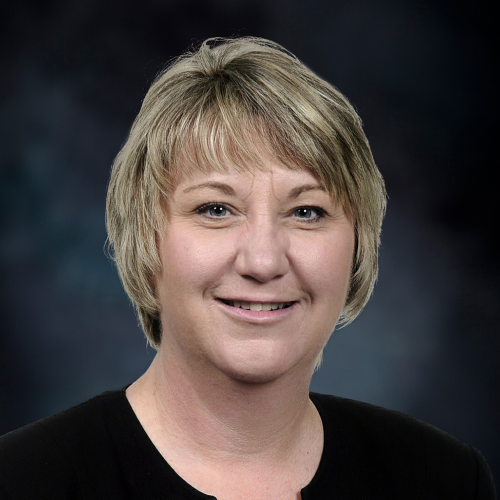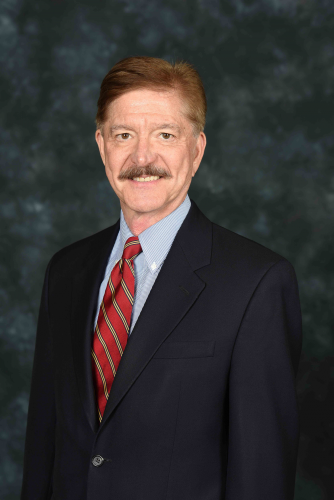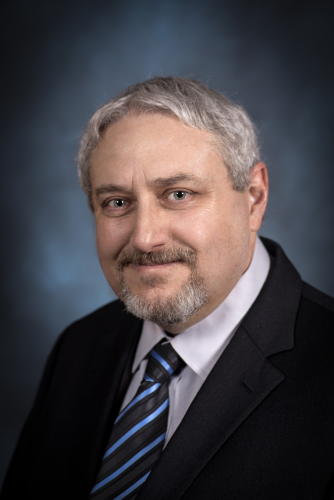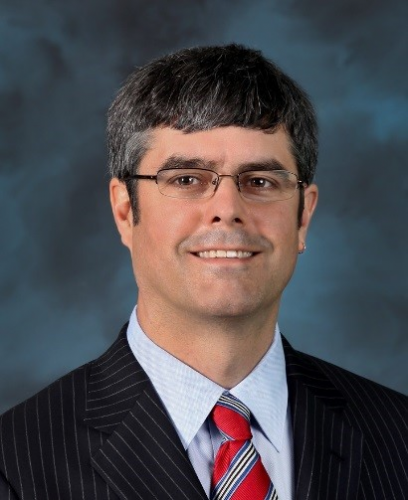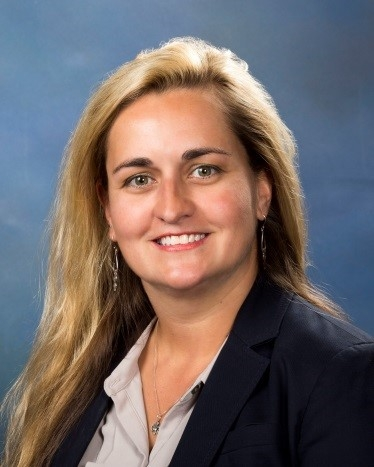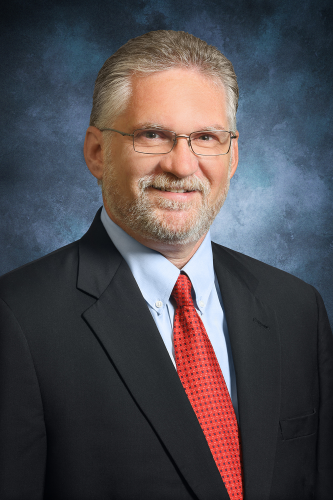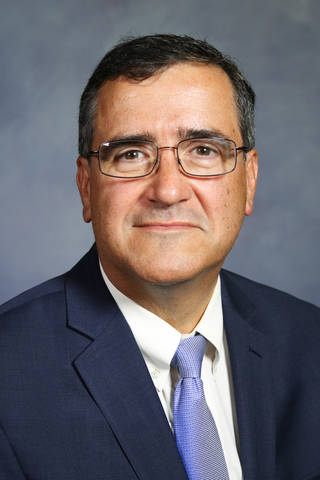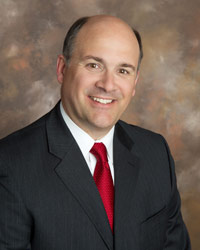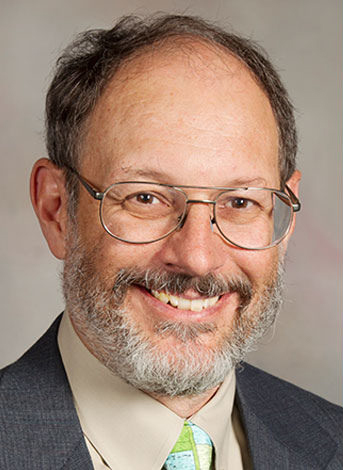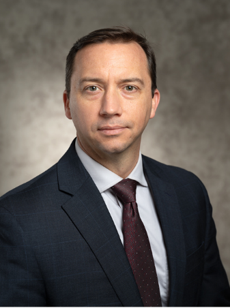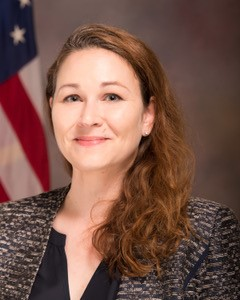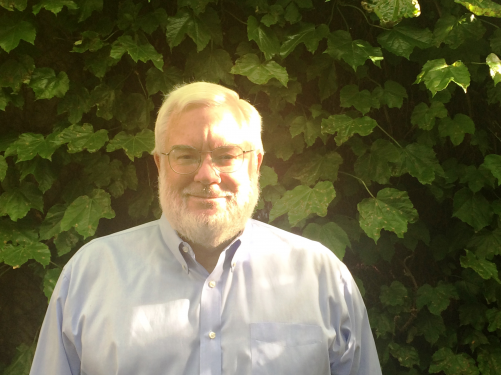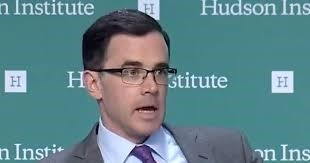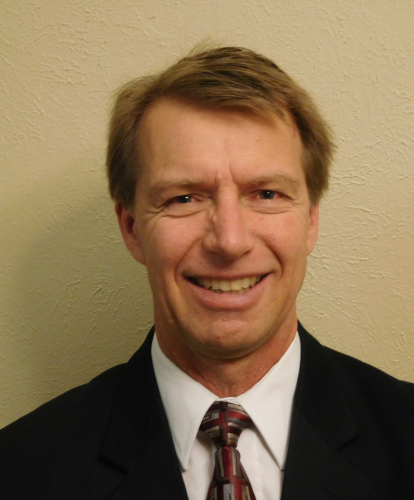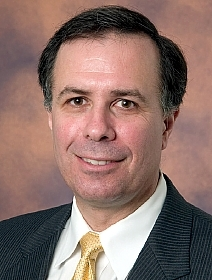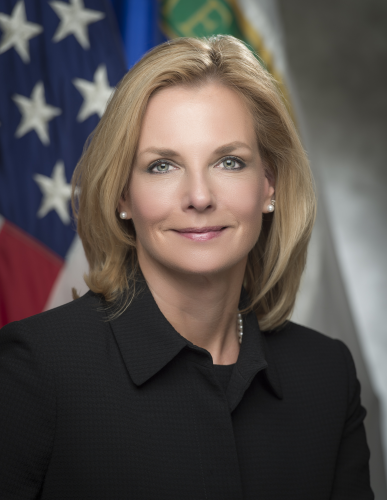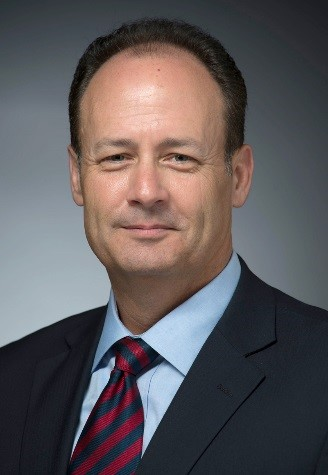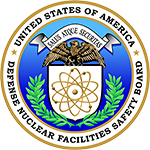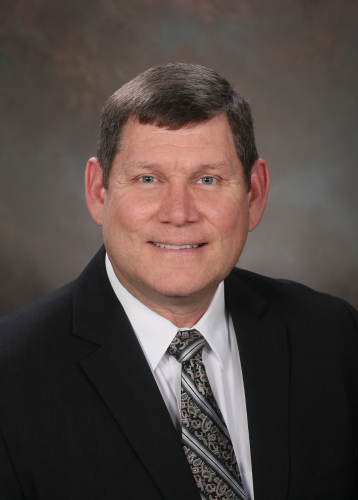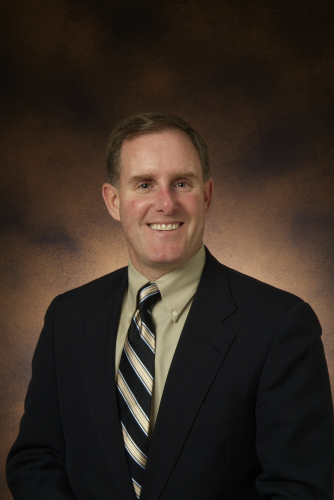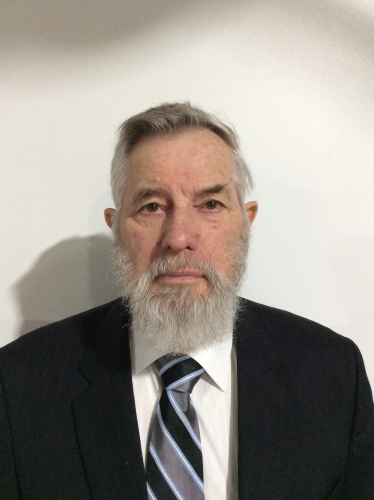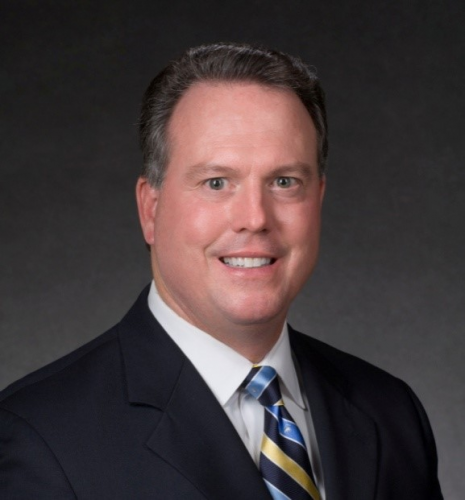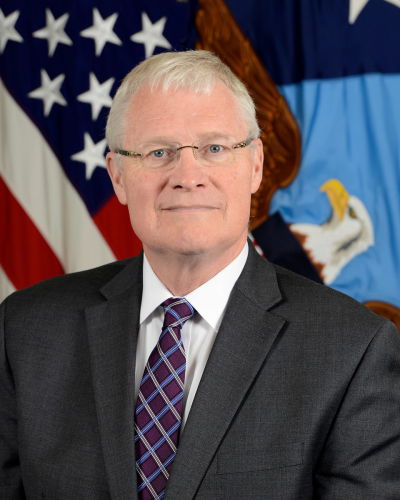Mr. Alan R. Shaffer currently serves as the Deputy Under Secretary of Defense for Acquisition and Sustainment (A&S). Senate confirmed in January 2019, he is responsible to the Under Secretary of Defense for all matters pertaining to acquisition; contract administration; logistics and material readiness; installations and environment; operational energy; chemical, biological, and nuclear weapons; the acquisition workforce; and the defense industrial base.
From 2015 to 2018, Mr. Shaffer served as the Director, NATO Collaboration Support Office in Neuilly-sur-Seine, France. In this role, he was responsible for coordinating and synchronizing the Science and Technology (S&T) collaboration between NATO member and partner Nations, comprising a network of about 5,000 scientists.
Previous to his role at NATO, Mr. Shaffer served as the Principal Deputy Assistant Secretary of Defense for Research and Engineering (ASD(R&E)) from 2007-2015. In this position, Mr. Shaffer was responsible for formulating, planning and reviewing the DoD Research, Development, Test, and Evaluation (RDT&E) programs, plans, strategy, priorities, and execution of the DoD RDT&E budget that totals roughly $25 billion per year. He has also served twice as the Acting Assistant Secretary of Defense for Research and Engineering from 2007-2009 and 2012-2015.
Additionally, in 2009, he was appointed as the first Director, Operational Energy, Plans and Programs (Acting). Mr. Shaffer has also served as the Executive Director for several senior DoD Task Forces, including review of all research, acquisition and test activities during the 2005 Base Realignment and Closure. In 2007, he was the Executive Director for the DoD Energy Security Task Force and, from 2007-2012, he served as the Executive Director of the Mine Resistant Ambush Protection (MRAP) Task Force, where he was responsible for oversight and fielding 27,000 MRAPs.
Before entering the federal government, Mr. Shaffer served a 24-year United States Air Force career in command, weather, intelligence and acquisition oversight with assignments in Utah, California, Ohio, Honduras, Germany, Virginia and Nebraska.
His career included deployment to Honduras in the mid-1980s and direct support of the United States Army 3rd Armored Division in Hanau, Germany. During Operation DESERT STORM, he was responsible for deployment of the 500-person theater weather force. Upon retirement from the Air Force in 2000, Mr. Shaffer was appointed to the Senior Executive Service; in 2001, he assumed the position as Director, Plans and Programs, Defense Research and Engineering.
Mr. Shaffer earned a Bachelor of Science in Mathematics from the University of Vermont in 1976, a second Bachelor of Science in Meteorology from the University of Utah, a Master of Science in Meteorology from the Naval Postgraduate School, and a Master of Science in National Resource Strategy from the Industrial College of the Armed Forces. He was awarded the Meritorious Executive Presidential Rank Award in 2004, the Department of Defense Distinguished Civilian Service Award, and the Distinguished Executive Presidential Rank Award in 2007 and 2015.
